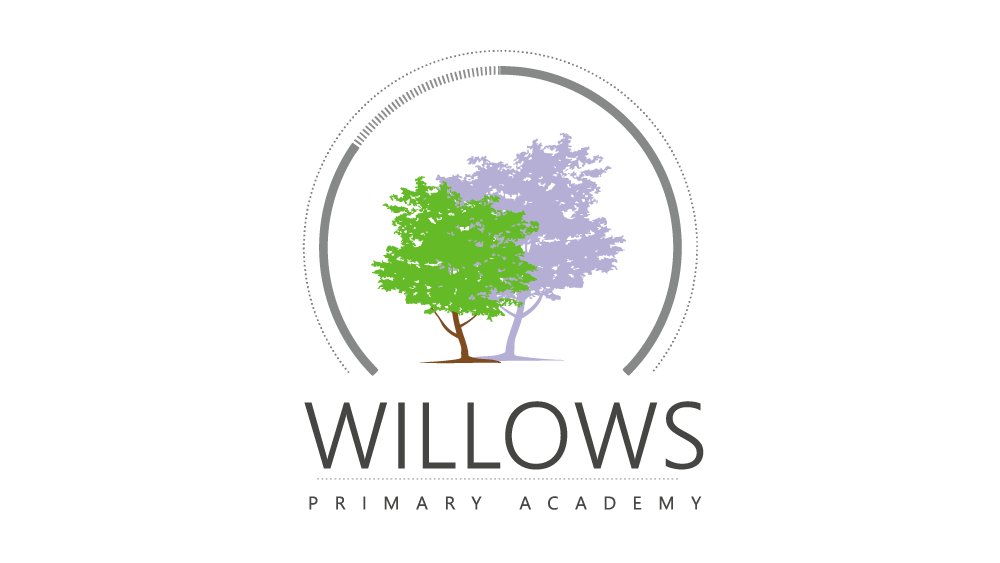The Early Years Foundation Stage (EYFS) runs through both our Nursery and Reception classes. Our aim is to prioritise pupil’s well-being in an exciting and purposeful environment which allows them to feel safe and secure. Our daily routine allows a wealth of autonomy and choice but also short sessions for adult focussed activities that support, strengthen and scaffold learning.
During their time in Nursery, children’s learning activities and experiences are underpinned by the seven areas of learning that are set out in the EYFS Statutory Framework. There are three prime areas of learning which are crucial for developing children’s curiosity and love for learning.
The three prime areas are:
Communication and Language
Physical Development
Personal, Social and Emotional Development
There are four further specific areas of learning, where the three prime areas are strengthened and applied. These specific areas are:
Literacy
Mathematics
Understanding the World
Expressive Arts and Design
During continuous provision the children are able to select and choose resources that allow them to build on previous learning and follow their interests. All equipment is clearly labelled and freely accessible. Children are encouraged to use their imagination, problem solving skills and creativity as well as a range of other skills that staff capture throughout detailed observations of the children.
The Characteristics of Effective Learning (COEL) and the seven areas of learning are all interconnected. The COEL show the ways in which children engage with one another and their environment. Playing and Exploring, Active Learning and Creating and Thinking Critically underpin learning and development across all areas and support the children to remain as effective and motivated Learners.
During continuous provision the children are able to select and choose resources that allow them to build on previous learning and follow their interests. All equipment is clearly labelled and freely accessible. Children are encouraged to use their imagination, problem solving skills and creativity as well as a range of other skills that staff capture throughout detailed observations of the children.
The Characteristics of Effective Learning (COEL) and the seven areas of learning are all interconnected. The COEL show the ways in which children engage with one another and their environment. Playing and Exploring, Active Learning and Creating and Thinking Critically underpin learning and development across all areas and support the children to remain as effective and motivated Learners.
Timings
Morning Sessions: 8:45 – 11:45
Afternoon Sessions: 12:30 – 3:30
Breakfast club, lunchtime club and after school club can be used to extend the school day.
If stopping for lunchtime, children can bring a packed lunch or purchase a school dinner.
When does your funding start?
We welcome children from their second birthday. There are many funding options available.
2 Year Olds – Paid for or free through Think 2 Funding the term after they turn two.
3 and 4 Year Olds – All children are entitled to free 15 hours the term after they turn three. Additional hours can be paid for.
30 Hour Funding – Working parents are eligible for 30 hours within Nursery. We offer this on a Monday – Thursday 8:45 – 3:30 and Friday 8:45 – 11:45. Friday afternoon can be paid for.
Role Of The Adult
All children are assigned to a key worker and have their own family group. During this time, the children can become strong and independent and build positive relationships. Staff are sensitive and responsive to the children’s needs, feelings and interests. Key workers teach the children by ensuring challenging, playful opportunities take place across the prime and specific areas of learning.
Every child who enters our setting is unique and they are constantly learning. We aim for are children to become resilient, capable, confident and self-assured. All of our trained key workers ensure that they:
Understand and observe each child’s development and learning, assess their progress and plan for next steps
Support toddlers and children to develop a positive sense of their own identity and culture
Identify any need for additional support
Value and respect all children and families equally



